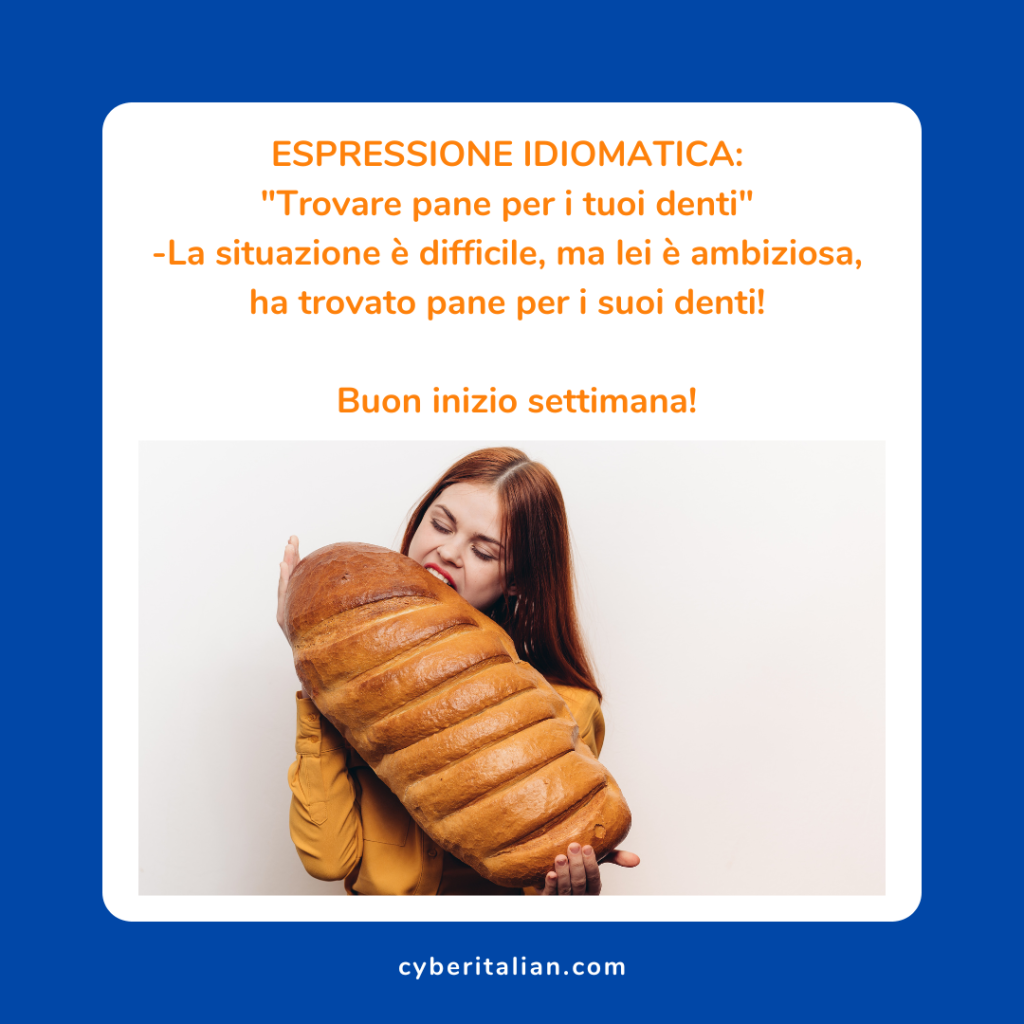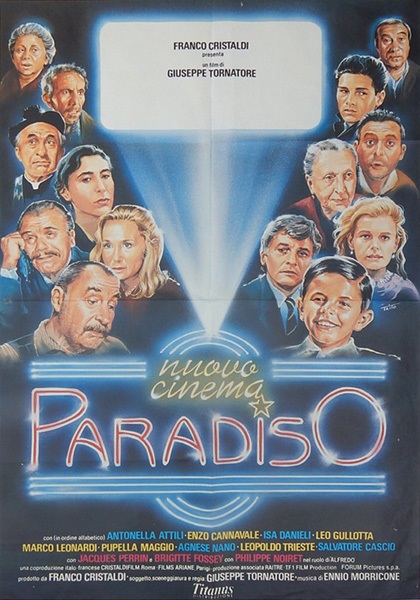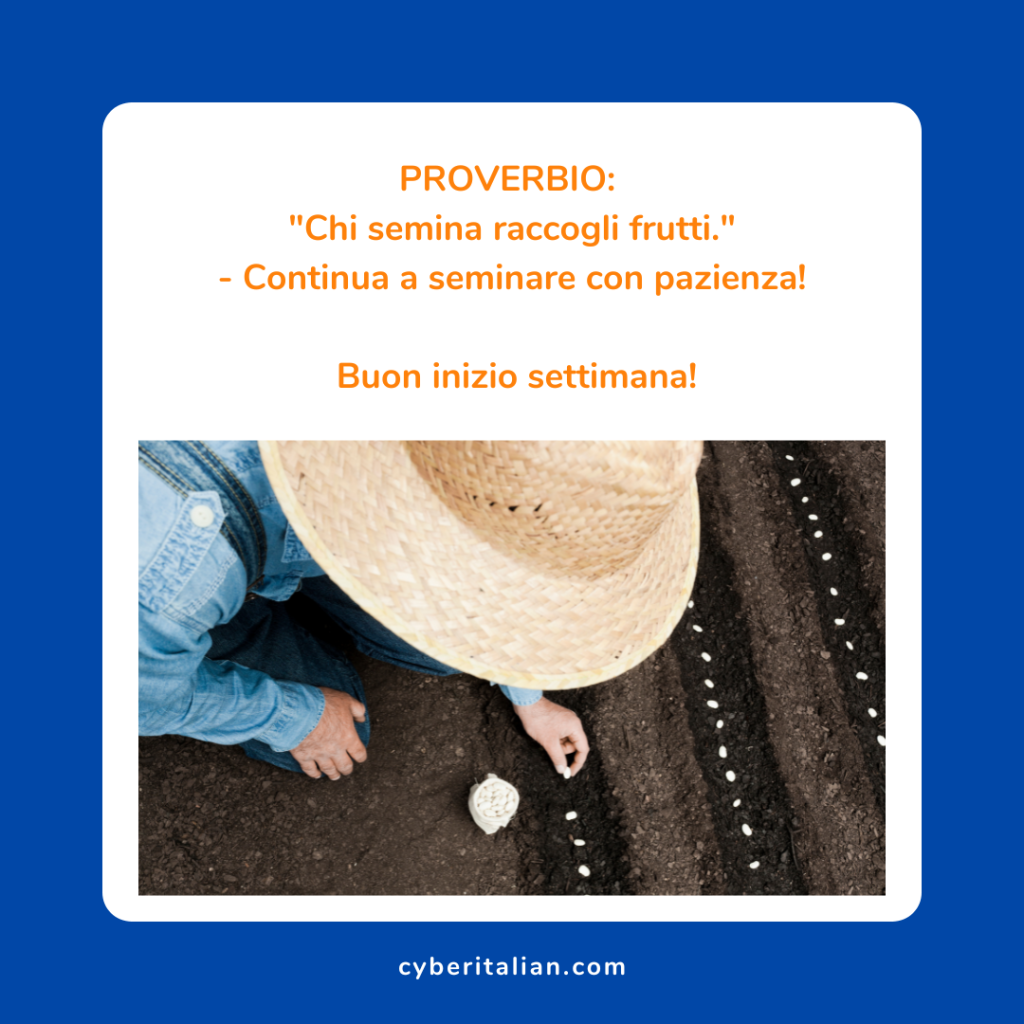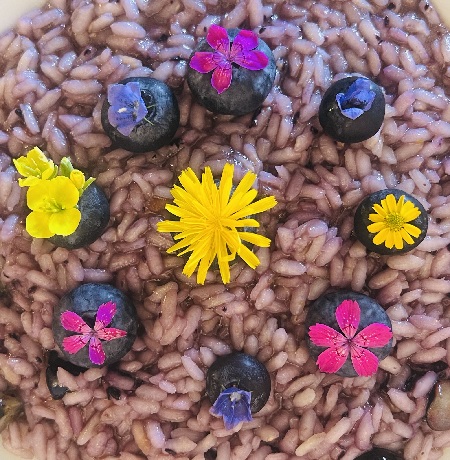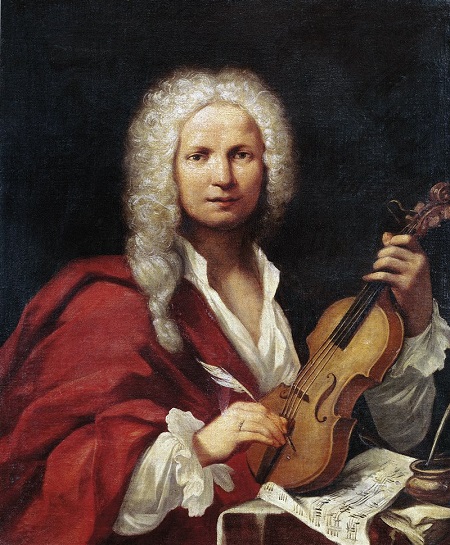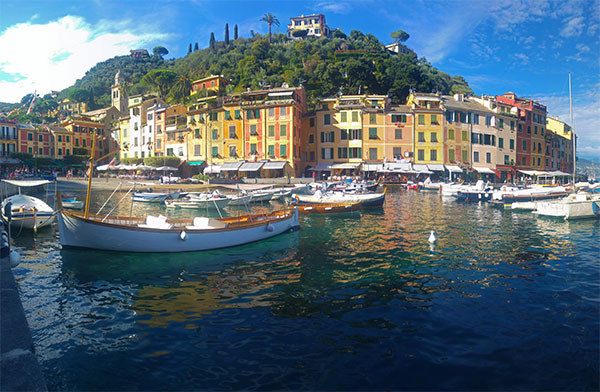
La Liguria è una delle regioni più piccole d’Italia. Lunga e affusolata, si srotola fra il mediterraneo e le montagne.
Storicamente terra di navigatori, mercanti, coltivatori e pescatori, contribuisce alla cucina italiana con molti piatti, fra cui la fainà.
Conosci la Liguria?
Hai mai gustato la fainà?
Liguria is one of the smallest regions in Italy. Long and narrow, it unwinds between the Mediterranean sea and the mountains.
Historically a land of navigators, merchants, farmers and fishermen, it contributes many dishes to the Italian cuisine, including fainà.
Do you know Liguria?
Have you ever tasted fainà?

